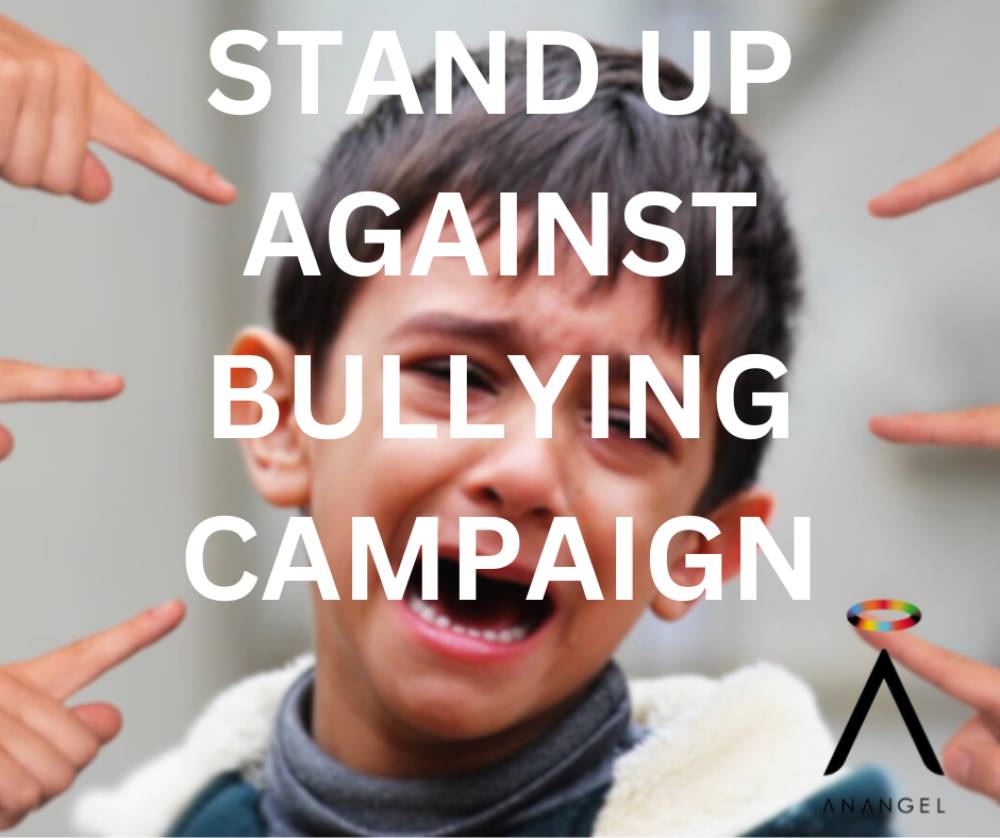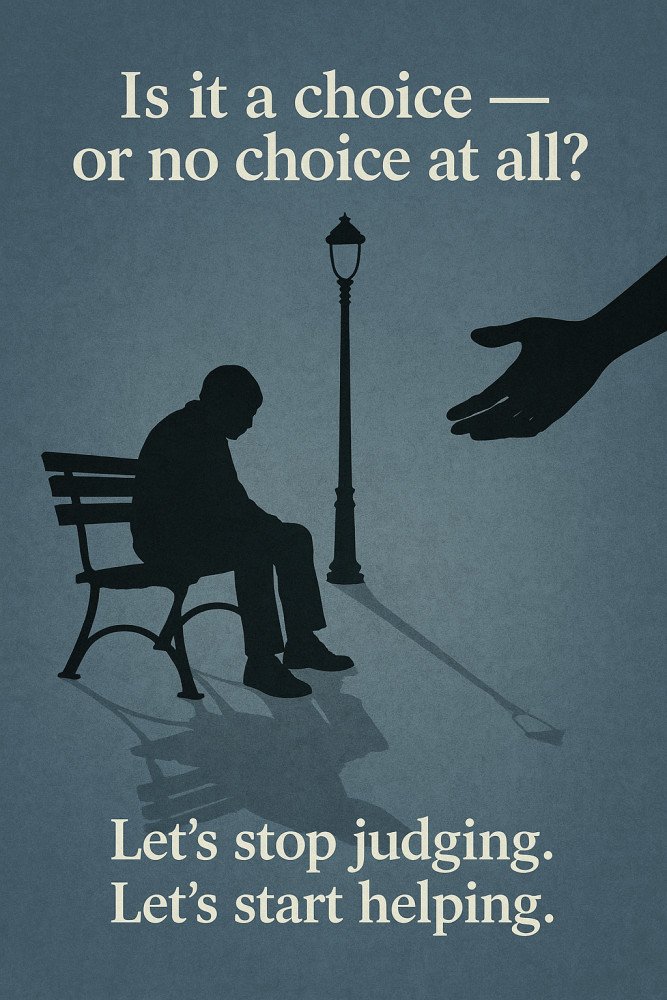

Stop Bullying
Bullying
Bullying is a pervasive problem in schools and can have serious consequences for the victims. It can cause emotional distress, anxiety, and depression, and can even lead to suicide in extreme cases. As a society, we need to take steps to prevent and address bullying in schools to ensure that all students feel safe and respected.
What is bullying?
Bullying is defined as intentional and repeated aggression that takes place in a relationship where there is an imbalance of power or strength. It can take many forms, including physical, verbal, and psychological abuse. It can happen in person or online and can be perpetrated by individuals or groups.
Types of bullying
Several types of bullying can occur in schools. These include:
- Physical: hitting, kicking, pushing, or damaging someone's property.
- Verbal: name-calling, teasing, spreading rumours, or making threats.
- Cyber: using technology to harass or intimidate someone, such as sending threatening messages, posting embarrassing photos, or spreading rumours online.
- Social: excluding someone from social groups, spreading rumours, or damaging someone's reputation.
Effects of bullying
The effects of bullying can be devastating for the victim. It can lead to low self-esteem, depression, anxiety, and even suicide. It can also impact the victim's academic performance and social life. In addition, bullying can create a toxic school environment that negatively affects all students.
Preventing bullying
Preventing bullying requires a collective effort from teachers, parents, and students. Here are some ways to prevent bullying in schools:
- Create a positive school culture that promotes respect, empathy, and kindness.
- Provide education and training for teachers, students, and parents on how to recognize and prevent bullying.
- Encourage students to speak up if they witness bullying
- Implement clear policies and consequences for bullying behaviour
- Provide support and resources for victims of bullying
Addressing bullying
If bullying is identified, it's important to take action to address it. Here are some steps that can be taken:
- Document the bullying behaviour
- Notify the appropriate school staff, such as the principal or counsellor
- Involve parents and guardians in the process
- Provide support for the victim
- Take appropriate disciplinary action against the bully
Bullying is a serious problem in schools that requires a collaborative effort to address. By promoting a positive school culture, educating students and parents, and taking action when bullying occurs, we can create a safe and respectful environment for all students.


